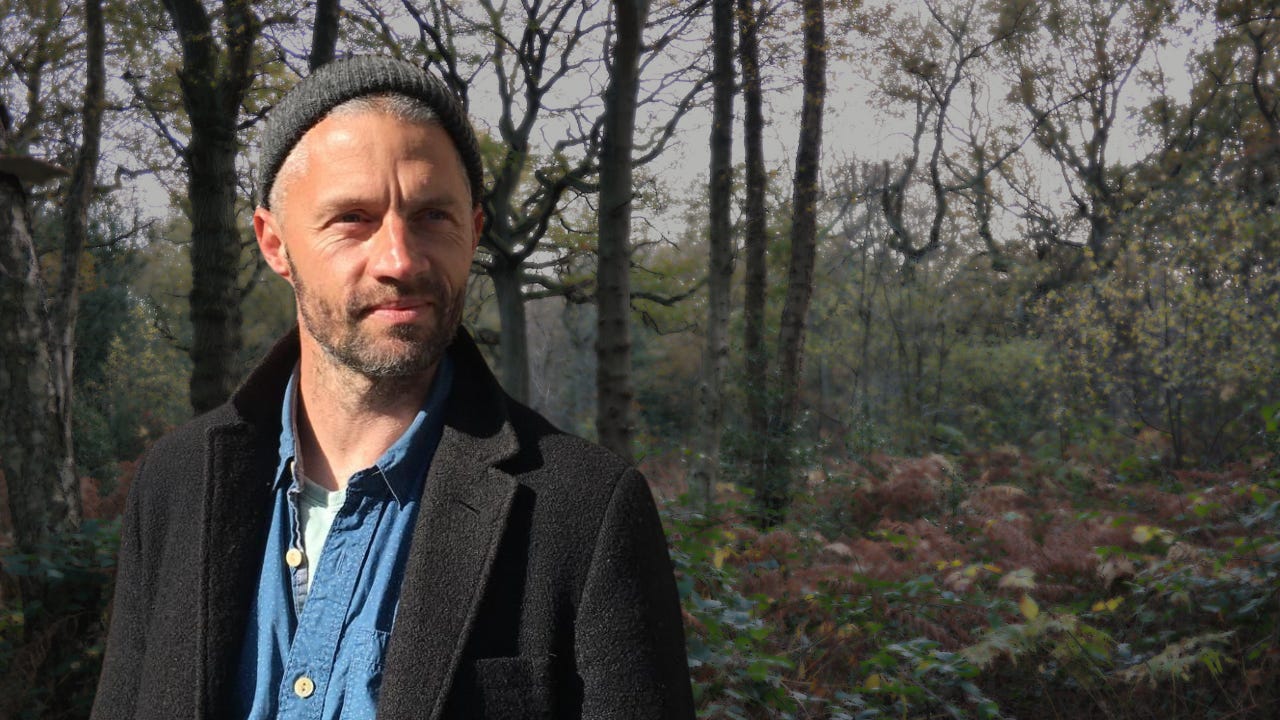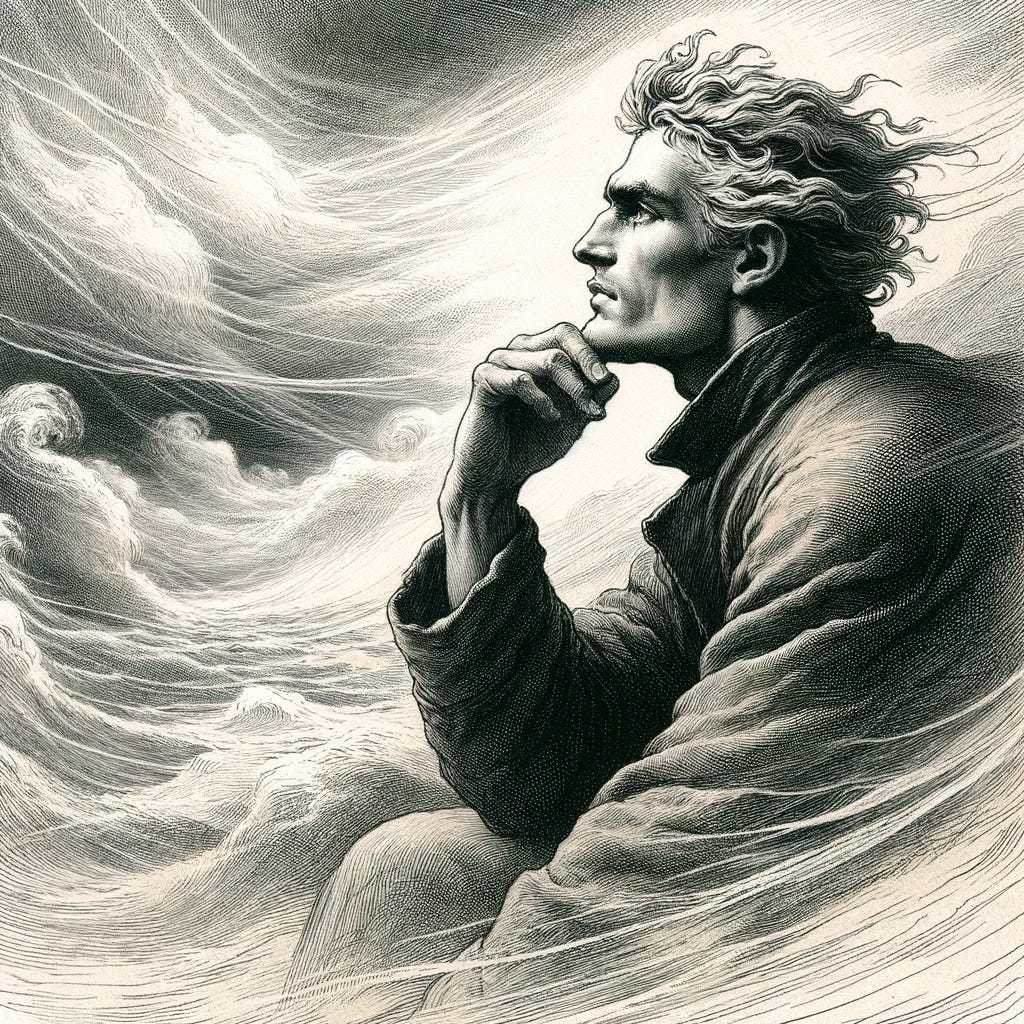Recently I had the privilege of sitting down with Duncan Passmore, a fellow father, woodworker, and writer from the UK. Duncan and I have known each other mostly at a distance, both of us Orphan Wisdom Scholars in Stephen Jenkinson’s school, as well connected through Martin Shaw.
Duncan and his wife Siân are currently running a crowdfunding campaign to raise funds for their project called A Boy and His Boat.
Watch the video here:
In our 30 minute conversation, we unpack the profound journey through the relationship between a father and son, and their battle with Torin Passmore’s life-limiting mitochondrial disease.
Duncan speaks of hearing the original diagnosis and the family's deep dive into understanding grief and death, significantly influenced by the "Grief Walker" documentary and their engagement with Stephen Jenkinson and his wife Nathalie. He shares moments of significant learning, mentorship, and the eye-opening realization of grief as a deeply moving force in life.
The sudden loss of Torin, following complications from what was supposed to be routine surgery, marked a critical point of deep grief and contemplation for the Passmore family. Duncan discusses the active and communal nature of grief, challenging the often private and straightforward portrayal of grief in Western culture.
To commemorate Torin's memory, Duncan & his wife are embarking on a poignant project to build a boat, realizing one of Torin's dreams that was left unfulfilled. This endeavor serves not only as a tribute to Torin's life but also as a symbol of the family's enduring bond with him and their ongoing exploration of life, death, and rebirth.
Duncan touches on the symbolic importance of boats and water as mediums of transition and connection, linking their personal story with the universal experience of loss and memory.
If you are moved by this story, I invite you to support this moving project through their GoFundMe.
Mentioned in the conversation is the following poem by Rilke.
The Man Watching
By Rainer Maria Rilke
I can tell by the way the trees beat, after
so many dull days, on my worried windowpanes
that a storm is coming,
and I hear the far-off fields say things
I can’t bear without a friend,
I can’t love without a sister.
The storm, the shifter of shapes, drives on
across the woods and across time,
and the world looks as if it had no age:
the landscape, like a line in the psalm book,
is seriousness and weight and eternity.
What we choose to fight is so tiny!
What fights with us is so great.
If only we would let ourselves be dominated
as things do by some immense storm,
we would become strong too, and not need names.
When we win it’s with small things,
and the triumph itself makes us small.
What is extraordinary and eternal
does not want to be bent by us.
I mean the Angel who appeared
to the wrestlers of the Old Testament:
when the wrestlers’ sinews
grew long like metal strings,
he felt them under his fingers
like chords of deep music.
Whoever was beaten by this Angel
(who often simply declined the fight)
went away proud and strengthened
and great from that harsh hand,
that kneaded him as if to change his shape.
Winning does not tempt that man.
This is how he grows: by being defeated, decisively,
by constantly greater beings.
–Translated by Robert Bly








Share this post